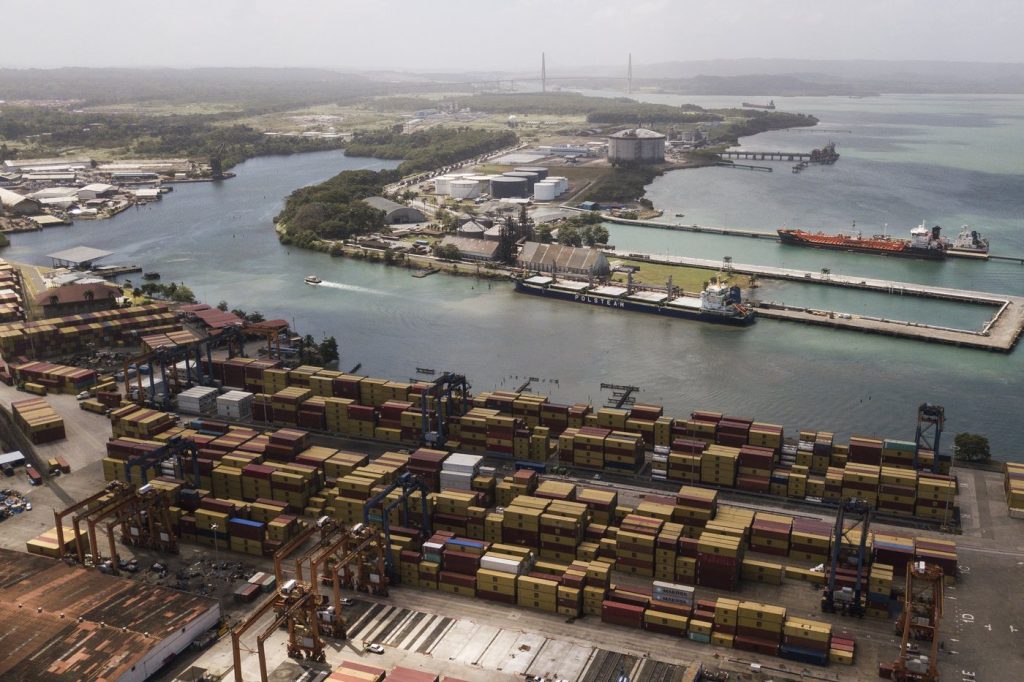BEIJING (AP) – On Friday, China criticized the United States for what it termed "coercion" following Panama's decision not to renew a significant infrastructure agreement with Beijing. This decision came after Washington's threats concerning the Panama Canal, emphasizing the ongoing geopolitical tensions between the two powers.
Foreign Ministry spokesperson Lin Jian addressed the media, stating that China "firmly opposes the U.S. smearing and undermining of the Belt and Road cooperation through means of pressure and coercion." The Belt and Road Initiative, championed by Chinese President Xi Jinping, aims to enhance China's economic ties with countries in the region and beyond through the development of roads, railways, airports, power plants, and other infrastructure projects. While this initiative has facilitated some major developments, it has also sparked concerns regarding increasing debt burdens and environmental implications.
Panama's decision to step away from this agreement is perceived as a concession to the United States regarding the Panama Canal. U.S. Secretary of State Marco Rubio had cautioned Panamanian leader José Raúl Mulino that Panama should urgently diminish what President Donald Trump claims is "Chinese influence" on the canal area, or else risk retaliation from the U.S.
Despite external pressures, Mulino has publicly rejected the notion of discussing ownership of the canal, which is pivotal to global trade. Nevertheless, observers speculate that Panama may consider a compromise whereby the management of canal operations, currently handled by the Hong Kong-based Hutchison Ports Company, could be reevaluated. Hutchison was granted a no-bid 25-year extension to manage these operations, and an audit is already in progress to assess the legitimacy of this extension, potentially leading to a rebidding process.
Furthermore, a recent decline in water levels within the Panama Canal, attributed to drought conditions, has impeded transit times. This situation has elicited additional criticisms from Trump, although these delays are reportedly unrelated to Chinese activities.
During the briefing, Lin emphasized the widespread support for the Belt and Road Initiative, highlighting participation from over 150 countries and suggesting that it has yielded "fruitful results" for both Panama and China, although he did not provide specific instances. He urged Panama to consider "the general picture of bilateral relationships and the long-term interests of both peoples," encouraging it to resist external interference and make decisions that would foster positive relations.
As the dynamics surrounding the Panama Canal continue to evolve amidst escalating U.S.-China tensions, the implications of Panama's strategic choices could significantly influence the region's geopolitical landscape and its economic future.










